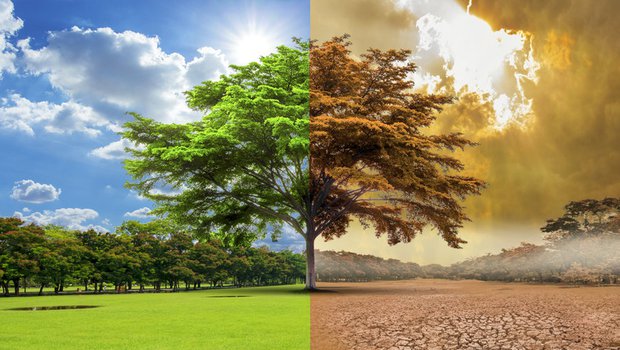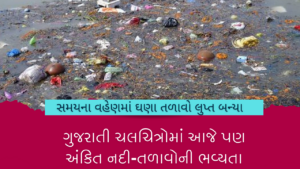Post-pandemic economy needs to ’embrace, green transition’, says the environmental activists of Vadodara. “Nature is sending us a message,” the UN website warns.
“Today, it is estimated that, globally, about one billion cases of illness and millions of deaths occur every year from diseases caused by coronaviruses; and about 75 per cent of all emerging infectious diseases in humans are zoonotic, meaning that they are transmitted to people by animals,” it says.
This stark warning came right before the World Environment Day, that is celebrated annually on June 5 since 1974, and is the UN’s flagship program for raising environmental awareness. It focuses on marine pollution, global warming, and sustainable consumption. Our relationship with nature affects everything from air, water, and food to sources of medicine, natural disease resistance, and mitigating climate change.
According to the UN, the quantity of live reef cover within the world has been reduced by half over the last 150 years, and within the subsequent ten years, one out of each four known species could also be exhausted. it might take 1.6 Earths to satisfy the stress humans make on nature per annum. COVID 19 is one of the timely reminder of threats we face when biodiversity is undermined.
While congratulating Environment Day, Prime Minister Narendra Modi tweeted that on World Environment Day we reiterate our pledge to preserve the rich biodiversity of our planet. Let us collectively do whatever is possible to ensure flora and fauna. We can leave the planet even better for generations to come.
Renowned Barodian and Agricultural scientist Padma Shree Dr. M. H. Mehta who is known for his contribution in the feild of Agricultrue Science, said that India is on the path of moving from Green Revolution to Eco Agri Revolution or Ever Green Revolution, and the role and potential of biological products (agri-bio inputs) as the key component is increasingly appreciated at all levels.It is realized that the bio-inputs hold enormous growth opportunities because they are eco-friendly, cost effective, and farmer- and consumer-friendly. When asked how we as society can contribute to environment; he said “At the social or societal level, it gets basic to see how changes in the climate create public issues”. While Botanist Dr Jitendra Gavali who is also the director at Community Science Centre (CSC), an environmental activist who was one of the environmental lovers involved in healing the centorian Centurion Baobab tree, that was almost lost due to the decay within said “Cutting of trees in the name of development, polluting water in the name of factories, the environment cannot improve until these problems are overcome. That is, we have to catch the pace of development by keeping pace with the environment.”
Both of them emphasized on the following points for citizens of vadodara to follow, if they want to contribute towards the conservation of environment.
– Not only be serious about nature on World Environment Day, but take steps to clean it as a campaign
– Keep the surroundings clean
– Do not pollute the river, pond, puddle etc. by throwing garbage
– Operate by bicycle where possible, so that the air is clean. It is also beneficial in terms of health
– Plant at least one plant in or near your home.
– Don’t just plant a plant, also participate in its growth.
Though these points make look like the similar monotonous instructions; they do contribute a lot in preserving the environment.
While concluding the conversation Dr Mehta recalled his meeting with Dalai Lama where Dalai Lama had said that If Buddha was born in this era, he would have been an Environmentalist. Such is the importance of the nature today that we will have to be passionate about it as much as we are about our religions.





